Caring for our Planet:
Climate change education and workforce development are vital to our future

Climate change and the subsequent environmental degradation are accelerating at a rapid pace, adversely impacting millions of lives around the globe. As philanthropic organizations focused on sustainable social and inclusive workforce development, Siemens Stiftung and the Siemens Foundation are partnering with global non-governmental organizations (NGOs) to provide climate change education to teachers and students, and clean-economy training to young workers. Education resources provide children with the knowledge to understand the causes of climate change and teach them ways to address its impacts. Workforce training in the clean energy space is critical in the drive to transition to a clean environment and economy.
Together for Climate & Sustainability
Dr. Nina Smidt (Siemens Stiftung) and David Etzwiler (Siemens Foundation USA) spoke at the mEducation Alliance Symposium on 13 September 2023 on the topic of “Transformative minds: fostering a green workforce through STEM Education”. A follow-up report.
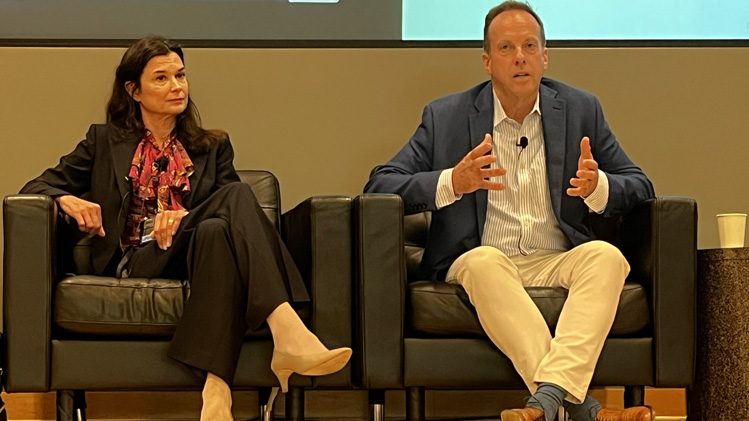
STEM education for sustainable change
Siemens Stiftung perceives climate change education as an important lever: Understanding the causes and effects of climate change is the first step in shifting mindsets, adapting to its unavoidable effects and, in the process, devising new ways of limiting its impact. Embedded within the STEM (science, technology, engineering, and mathematics) domain, climate education is linked to future economic growth. Siemens Stiftung introduces the STEM + Climate approach in K–12 school system (from kindergarten to 12th grade) working with teachers and students. The Siemens Foundation focuses on advancing an inclusive and skilled workforce for a green economy. Both are also part of the Global Alliance of Siemens Foundations, consisting of seven Siemens corporate foundations in France, Denmark, Columbia, Argentina, Brazil, USA, and Germany, driven by a shared vision to promote sustainable development with an emphasis on STEM education.
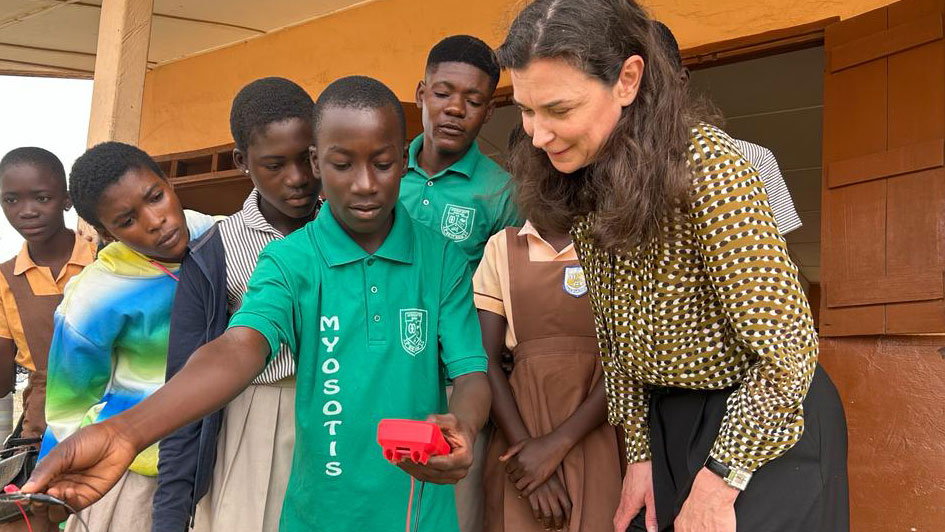
Climate Change Education: Transforming Minds
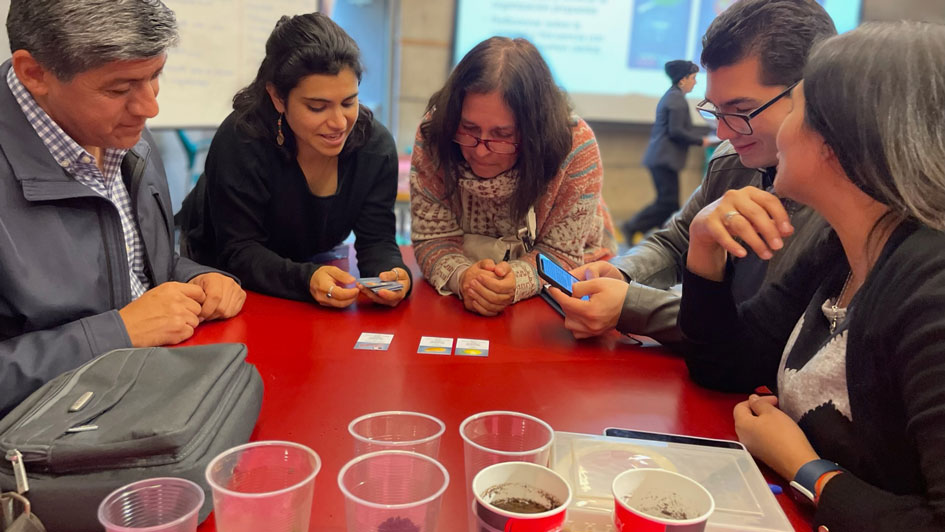
Headquartered in Germany, Siemens Stiftung is an internationally operative foundation working in Africa, Europe, and Latin America on three key themes: Climate & Sustainability, Connected Societies and Access to Essential Services. As a part of the non-profit sector, both Siemens Stiftung and Siemens Foundation, headquartered in the United States, work closely with students and educators along with government and non-government stakeholders – assisting them with developing the skills needed to meet the new and significant job demands created because of decarbonization goals across the globe. Due to the unforeseen disruptions in terms of digitization, globalization, climate change, and the unprecedented demand for skilled workers, we realize the urgency to join forces with like-minded philanthropies, academics, policymakers, and civil society to meet this need by ensuring equitable access to education and developing an inclusive workforce.
Recently, we found ourselves sharing a podium at the mEducation Alliance Symposium, an international conference on STEM education in Washington. We addressed a session titled “Transformative Minds: Fostering a green workforce through STEM education” by revealing our approach to climate change education and green workforce development. Juan Carlos Andrade Guevara, Head of Foundational Knowledge Policy at Veracruz State Secretary of Education from Mexico, was also part of the panel. He explained the role of a community in taking charge and acting cohesively to reduce the impact of rising sea levels in the Gulf of Mexico. “The aim is to increase scientific literacy in society and empower the community to act together. Teachers from the region are receiving training on climate change education to transfer their knowledge to the students and in turn to their families and society. Collective action and advocacy on the ground is a must if we want to see a shift in regional and national education policy vis-à-vis climate change education,” Juan Carlos said.
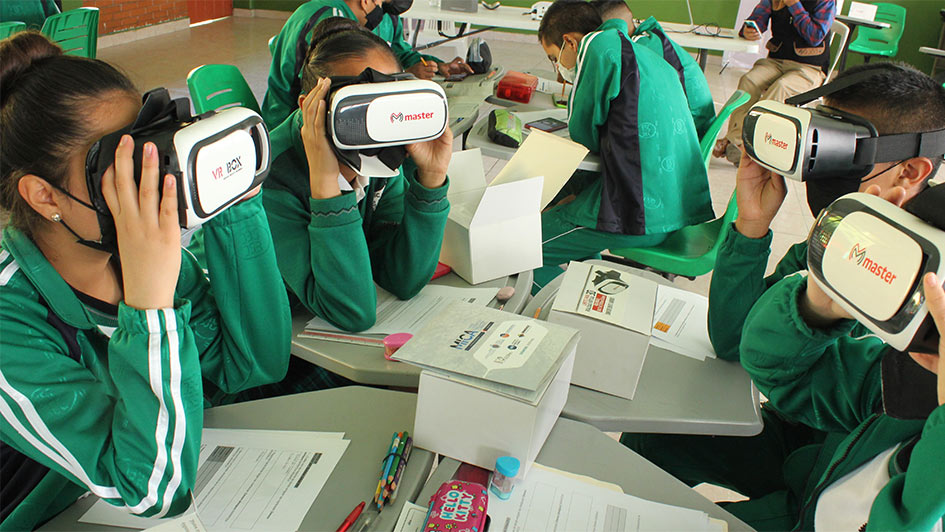
A crucial vehicle for accessible dissemination of knowledge on climate change are Open Educational Resources (OER). Siemens Stiftung works with international partners and local communities to co-create OERs to tailor content for specific geographical and cultural needs. For example, in Latin America, we have developed interactive MICA maps (Mapa Interactivo de la Enseñanza del Cambio Climático en la Escuela) – a kit that provides fold-up paper maps, cell phone applications, teacher guides, video, and 3D objects. It links to information on issues related to climate change – enabling students to learn to interpret its effects in their region, as well as understand what is happening in other parts of the continent.
Inclusive workforce development
While Siemens Stiftung is providing access to educational resources, the Siemens Foundation is developing inclusive workforce training initiatives for high-demand, high skilled, and high-paying jobs. Importantly, the Siemens Foundation is ensuring these opportunities are available and accessible to all. According to Brookings Institution research, in the United States, under 20 percent of workers in clean energy production and energy efficiency are women, while Black workers comprise less than 10 percent of these jobs. Meanwhile, more than 17 million infrastructure workers will leave their jobs in the next decade while more than 15 million new infrastructure jobs will be created.
One rapidly growing clean energy sector with huge demand for an inclusive workforce is the electric vehicle (EV) sector. This sector is experiencing a surge in growth due to public and private investment, resulting in a significant need for skilled workers across the industry. To ensure workers from all backgrounds and genders can plug into the economic promise of the growing U.S. EV industry, and advance diversity in the clean energy space, the Siemens Foundation developed a workforce development initiative called EVeryone Charging ForwardTM, committing $30 million over 10 years to drive inclusive workforce development. The program works to ensure and scale equitable access to training and jobs in the growing EV charging sector for individuals from all backgrounds and meaningfully contributes to the decarbonization and strengthening of the U.S. economy. In addition, the Siemens Foundation is building a central hub of best practices by joining hands with national associations and institutes specializing in workforce development including the National League of Cities and the National Governors Association.
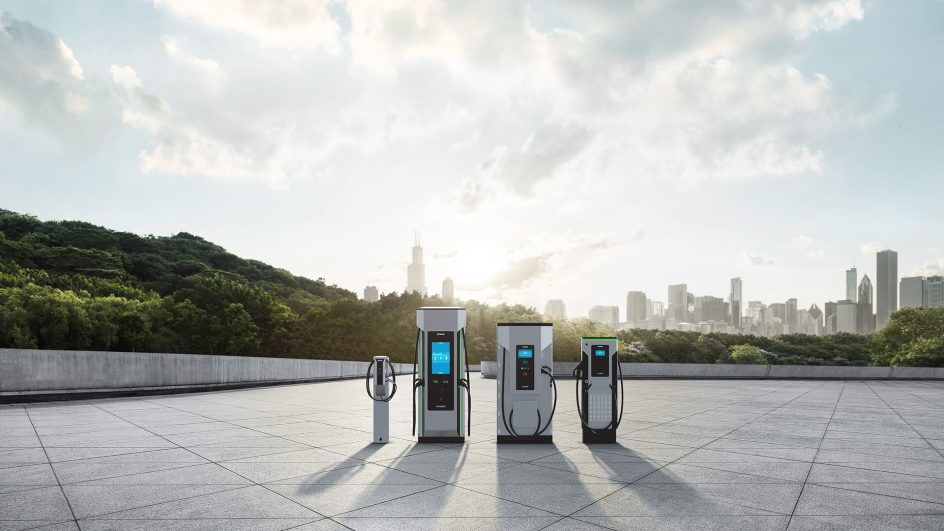
Opening multiple economic prospects
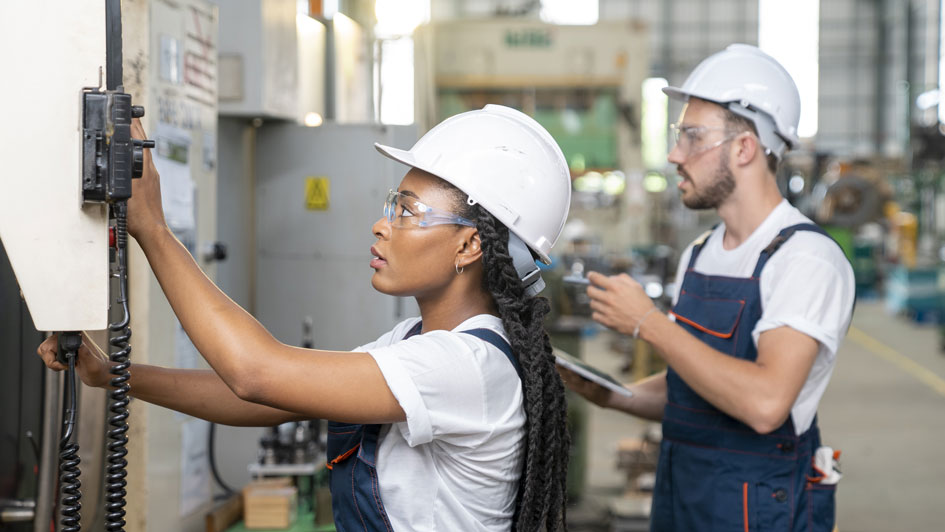
Finally, we know that public and private sectors must collaborate to be successful in developing the green economy. The International Labor Organization’s “Skills for Green Jobs” report underlines the constraint in the transition to a greener economy due to skills shortages – in terms of preparing for new occupations and adapting to changing skill profiles. It’s an all-hands-on deck scenario where collaborations between public policy and private initiatives have the potential to stimulate the green transition and employment expansion. Siemens Foundation is developing a statewide sector strategy to guide investments from public and private partners along with initiating programs to upskill current electricians with the skills and certifications necessary for the industry. We’re also piloting a career readiness program to diversify new entrants into electrical professions.
In Kenya, Siemens Stiftung has witnessed the effectiveness of the entrepreneurial approach in heralding the decarbonization of essential services supply sources. We founded WeTU, a social enterprise in rural Kenya to provide sustainable solutions in the energy, water, mobility, and agriculture sectors. WeTu operates various water-energy-hubs at 15 sites. With the launch of the new educational program WeLearn, these hubs will serve as real-life learning labs to train local youth with hands-on technical skills from operating solar pumps to electric vehicle charging stations and installation of solar panels among others, so that they can partake in the openings in Kenya’s renewable energy sector.
Together for Climate & Sustainability
Every country relies on its education system and an advanced skills development framework to cultivate the human capital needed for sustainable growth. As part of the philanthropic sector, we both realize our mandate to not only empower all individuals to join the fight right now, but also instill enduring resilience for the next millennium. Education must be at the forefront in the fight against climate change, so collectively we must ensure resources and training initiatives for future skills and workforce development are accessible for all. Public and private sectors need to collaborate in order to successfully combat climate change and ensure a cleaner future for our communities around the world.


